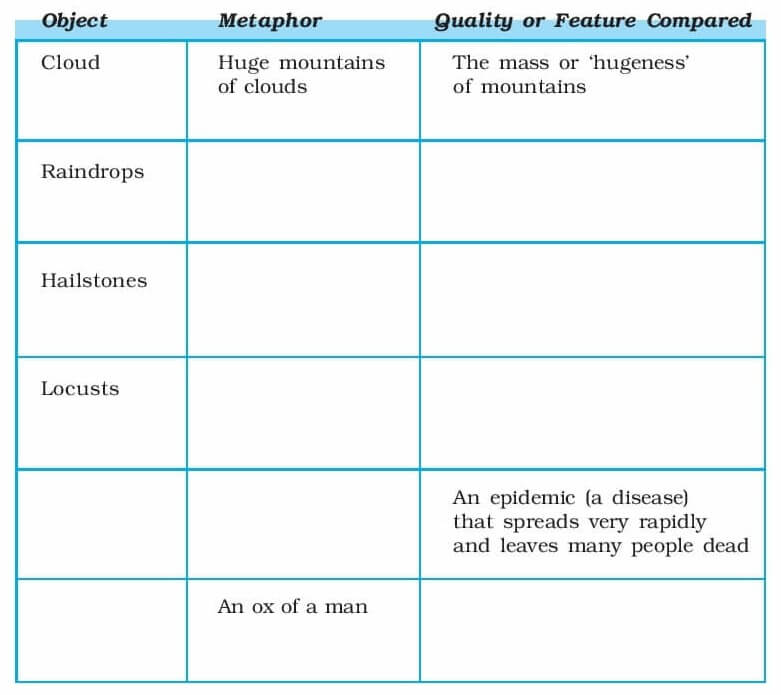⁞ English - First Flight
Class 10 English - First Flight Chapter 1. A Letter to God Summary, Explanation, Question Answers (NCERT Solutions)
A Letter To God (1. A Letter to God) CBSE class 10 English - First Flight Chapter 1. A Letter to God summary with detailed explanation of the lesson A Letter To God along with meanings of difficult words. Given here is the complete explanation of the lesson, along with summary, explanation and questions and answers of each topic of lesson 1. A Letter to God.
English - First Flight (Chapter 1. A Letter to God) Solution

Oral Comprehension Check [Page-5]1. What did Lencho hope for?
All Questions of English - First Flight Chapter 1. A Letter to God
Oral Comprehension Check [Page-5]Oral Comprehension Check [Page-6]| 1. Who or what did Lencho have faith in? What did he do? |
| 2. Who read the letter? |
| 3. What did the postmaster do after reading a letter? |
Oral Comprehension Check [Page-7]| 1. Was Lencho surprised to find a letter for him with money in it? |
| 2. What made Lencho angry? |
Thinking About The TextThinking About LanguageSpeaking| Have you ever been in great difficulty, and felt that only a miracle could help you? How was your problem solved? Speak about this in class with your teacher. |
Comments
Comments (1)





